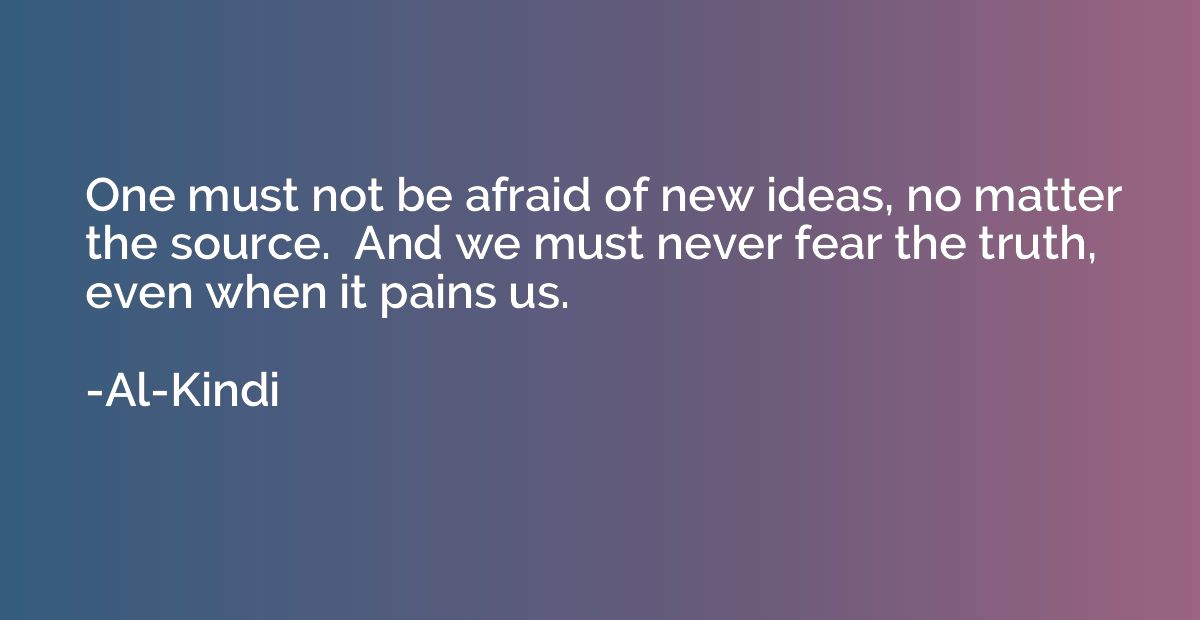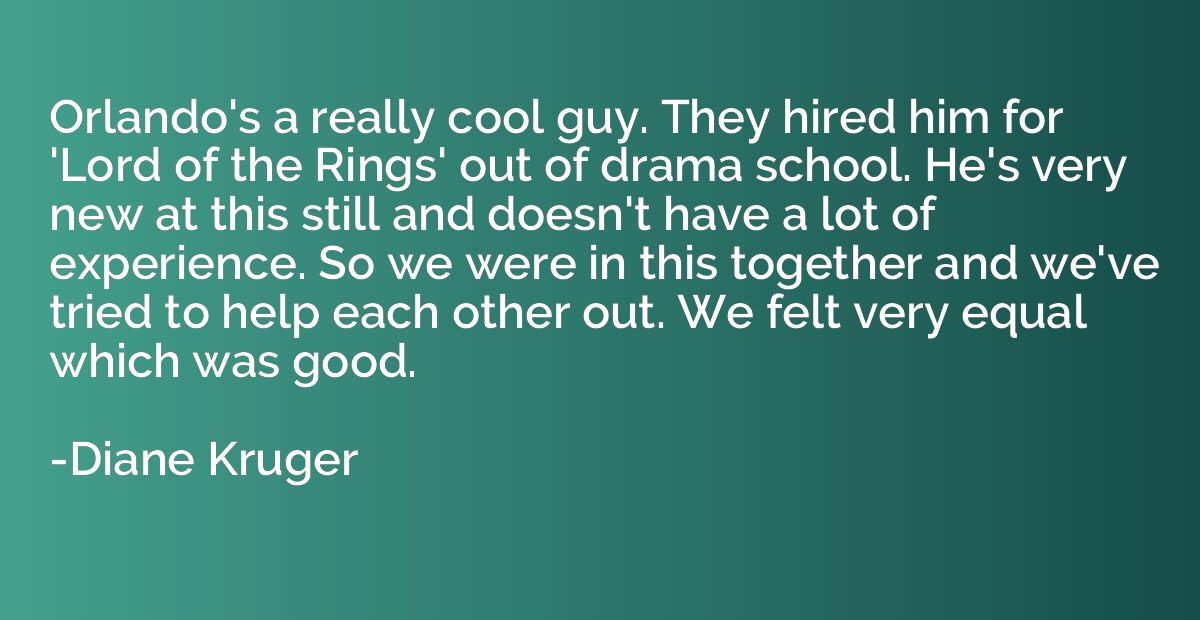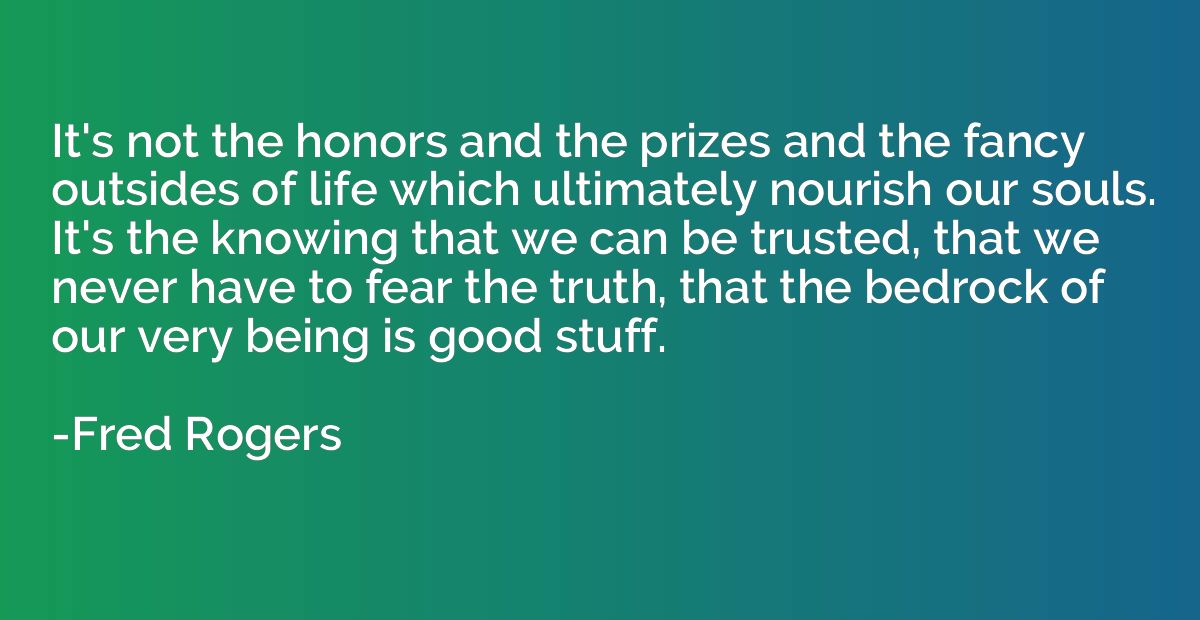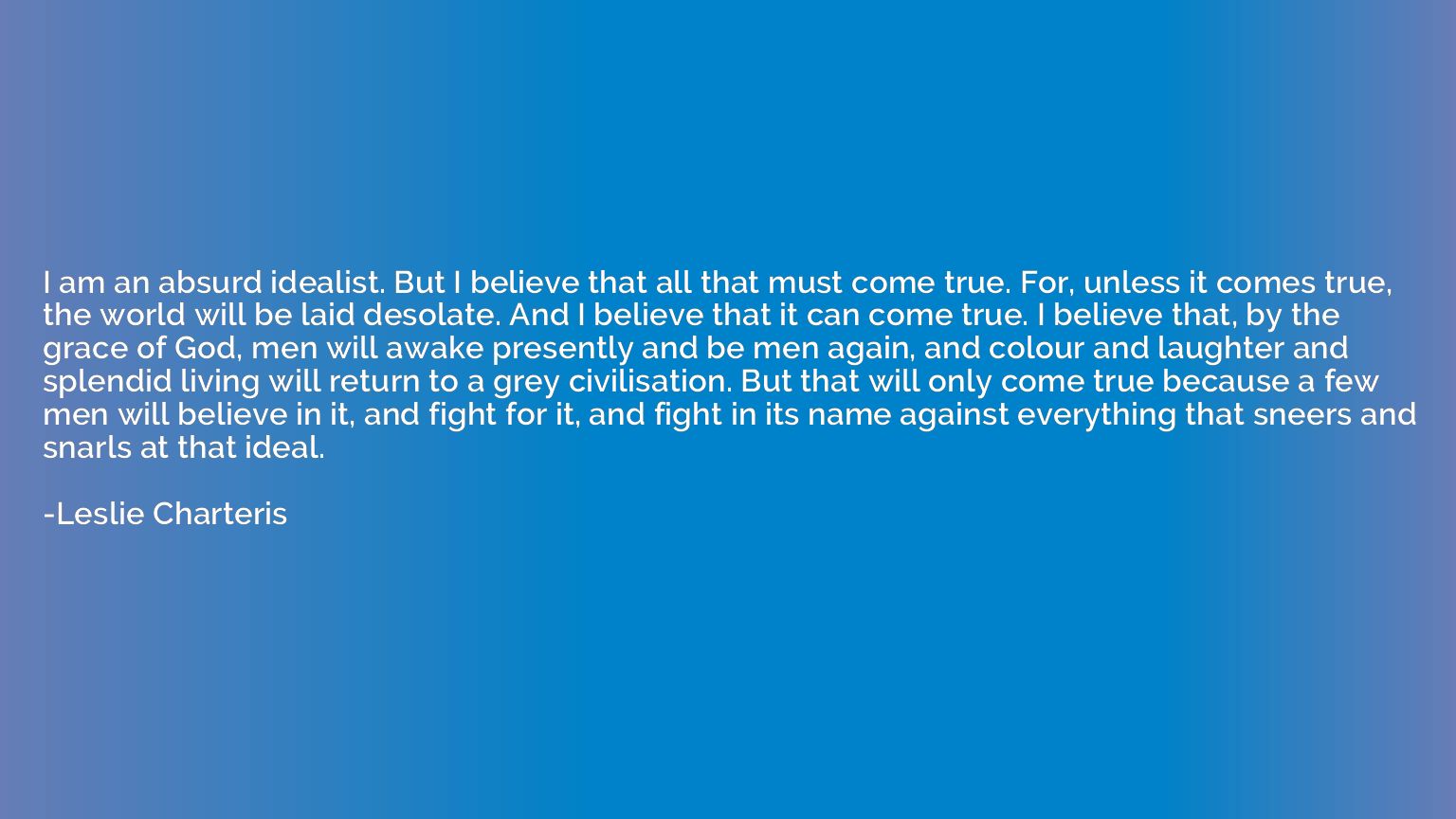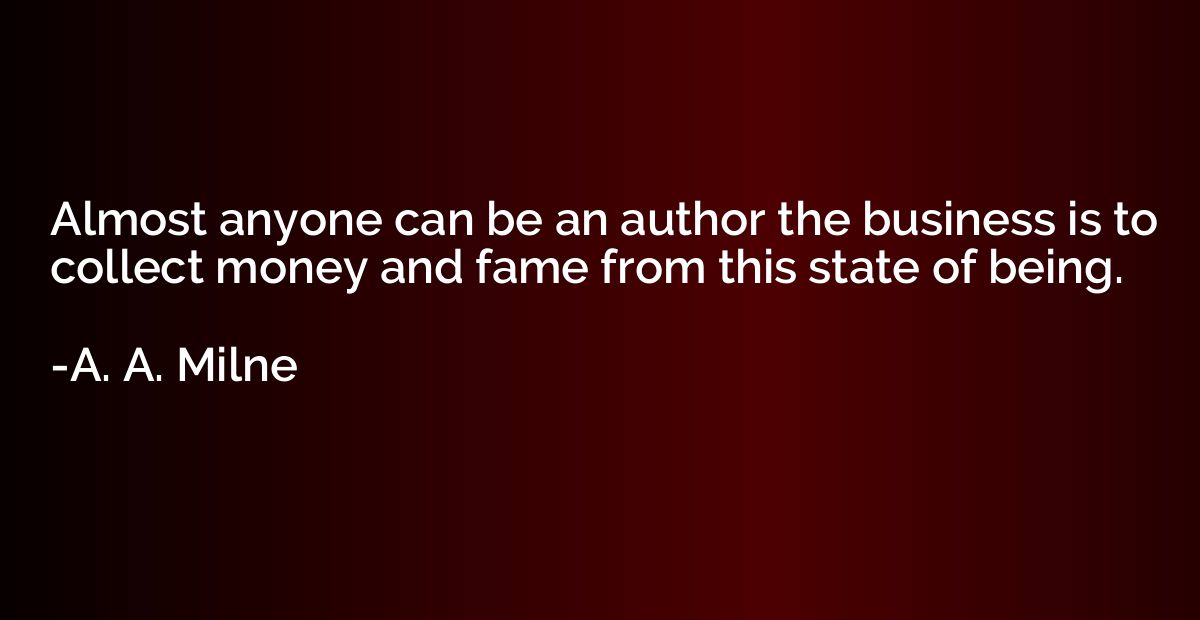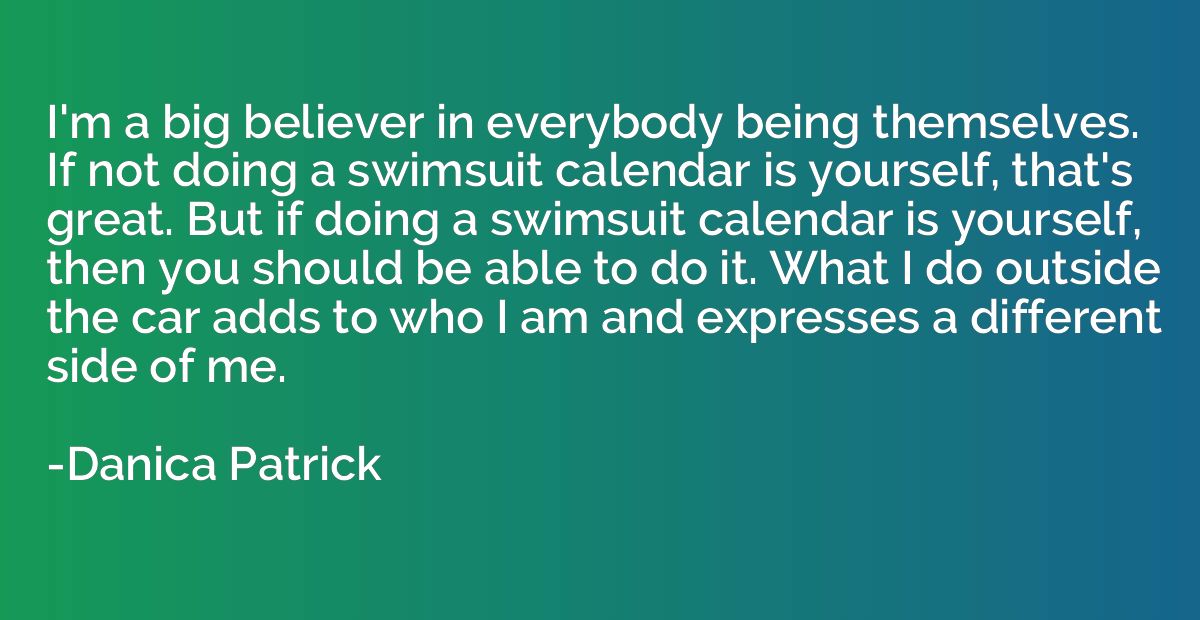Quote by Steven Pinker
The task of evolutionary psychology is not to weigh in on human nature, a task better left to others. It is to add the satisfying kind of insight that only science can provide: to connect what we know about human nature with the rest of our knowledge of how the world works, and to explain the largest number of facts with the smallest number of assumptions.
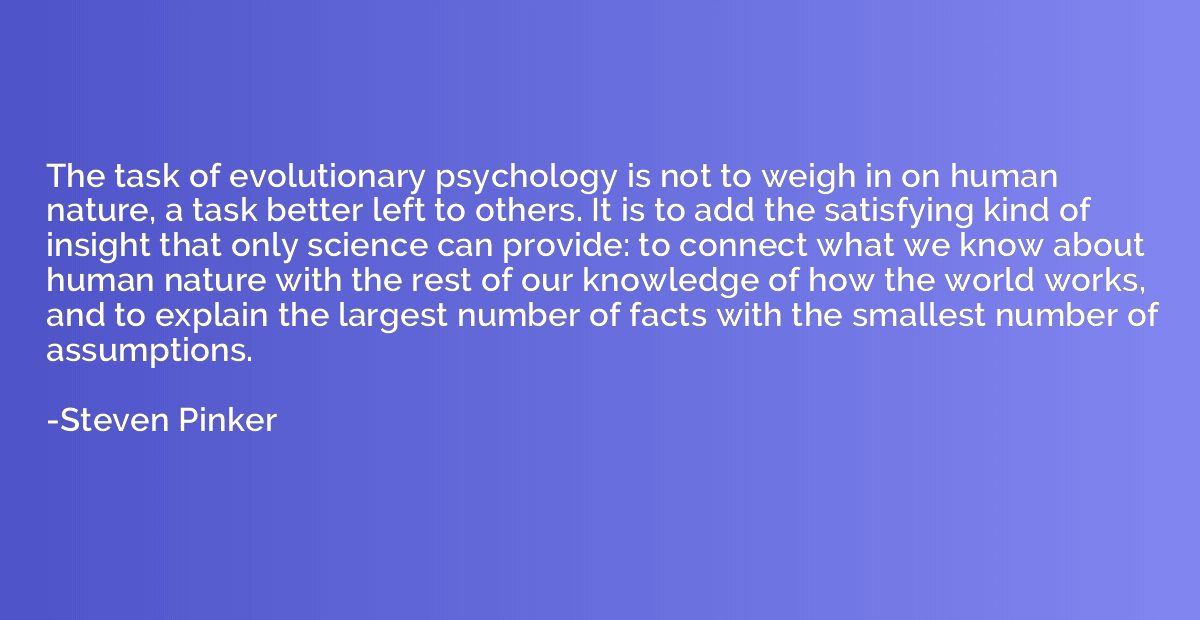
Summary
This quote emphasizes the role of evolutionary psychology in providing scientific insight into our understanding of human nature. Instead of defining human nature, which is left to other disciplines, the focus is on connecting what we know about human behavior to our broader knowledge of the world. The aim is to explain as many facts as possible while making minimal assumptions. In doing so, evolutionary psychology contributes to the interdisciplinary study of human behavior by providing evidence-based explanations rooted in our evolutionary past.




